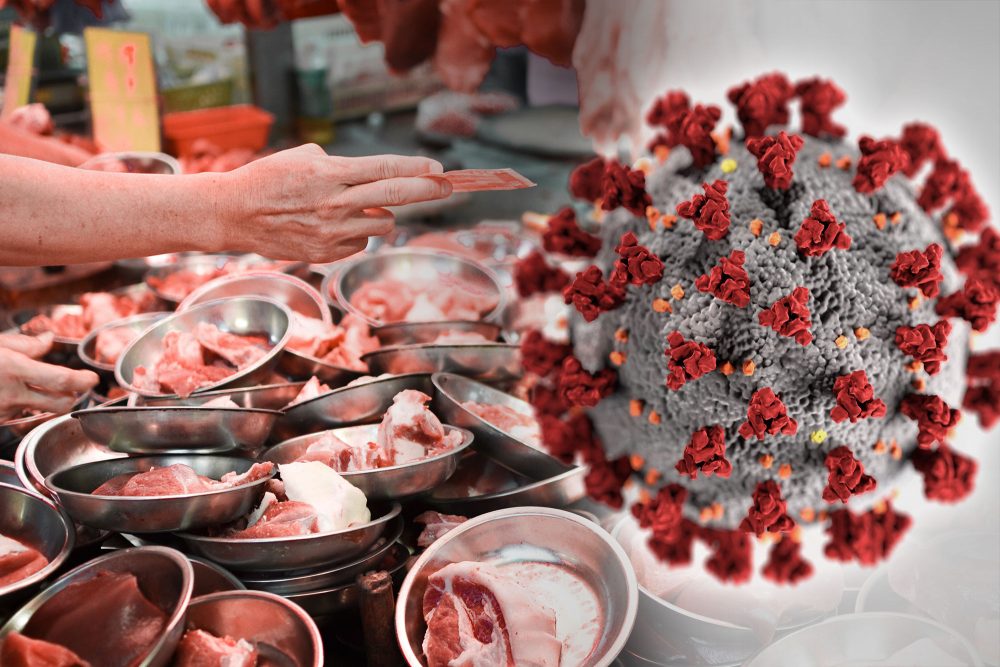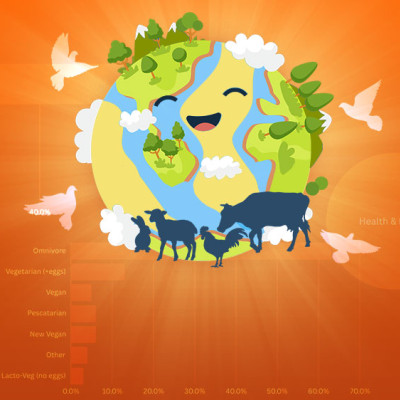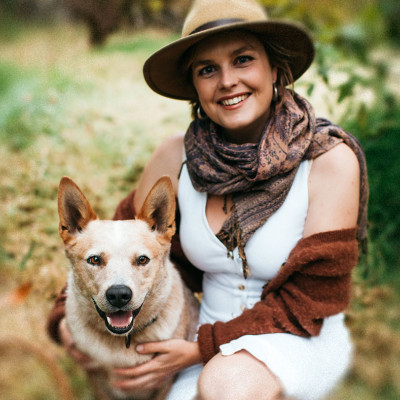Escalation in Outbreaks of Animal-to-Human Diseases – Oxford University Professor
Published 2 September 2020
Lead scientist of Oxford University’s project to develop a Covid-19 vaccine, professor Sarah Gilbert, has warned of the rise in infectious diseases spread from animals to humans.

Pointing out that human activities are the driving force behind the increasing risks of future zoonotic outbreaks, professor Gilbert cautioned, “There will be another flu pandemic in the future.”
About 60% of known infectious diseases and up to 75% of new or emergent communicable diseases in humans, have come from animals.
As of today (2nd September 2020), the Covid-19 pandemic is responsible for nearly 26 million cases worldwide and, sadly, over 860,000 deaths.
According to scientific sources, the novel coronavirus was transmitted from a bat to an intermediary host, most likely the pangolin, then to humans. and
What are the human activities that cause the spread of zoonotic infections?
Humanity’s exploitation of animals is the major factor of zoonotic outbreaks, namely:
- Animal agriculture (both intensive and free-range)
- Deforestation and loss of habitat due to livestock raising
- Hunting, trade or any farming of wildlife
Do we want to live in a world plagued by pandemics?
Do we want a world in which our liberties become akin to how we treat the majority of animals imprisoned in intensive farming systems – do we want to live our lives in lockdown?
If humanity’s exploitation of animals is the source of immeasurable anguish to both humans and animals, surely the logical course of action would be to stop animal exploitation.
Recent News
-

Dogs Thrive on Vegan Diets, Demonstrates the Most Comprehensive Study So Far
The longest, most comprehensive peer-reviewed study so far has demonstrated that dogs fed nutritionally-sound vegan diets maintain health outcomes as well as dogs fed meat.
-

Vegan YouTube Channels – Our Top Picks
Vegan Easy’s YouTube channel recommendations to help you on your vegan journey.
-

Pamela Anderson’s New Vegan Cookbook: A Culinary Journey of Love and Compassion
Pamela Anderson, the iconic Hollywood actress and passionate animal rights advocate, is set to captivate the culinary world with her upcoming vegan cookbook titled "I Love You: Recipes from the Heart."
-

January 2024 Vegan Easy Challenge Recap
People from around the world began their 2024 with a peaceful start by taking the 30-day Vegan Easy Challenge.
-

Discover the Culinary Delights of Byron Bay’s Newest Plant-Based Cooking School
Learn the sublime art of plant-based cuisine at Katie White's new cooking school in Byron Bay
-

Beyond Romance: Encouraging Vegan Themes and Animal Protection in the Growing World of K-Dramas
The global popularity of K-dramas and growing interest in veganism present a unique opportunity to foster positive change
Leave a Comment